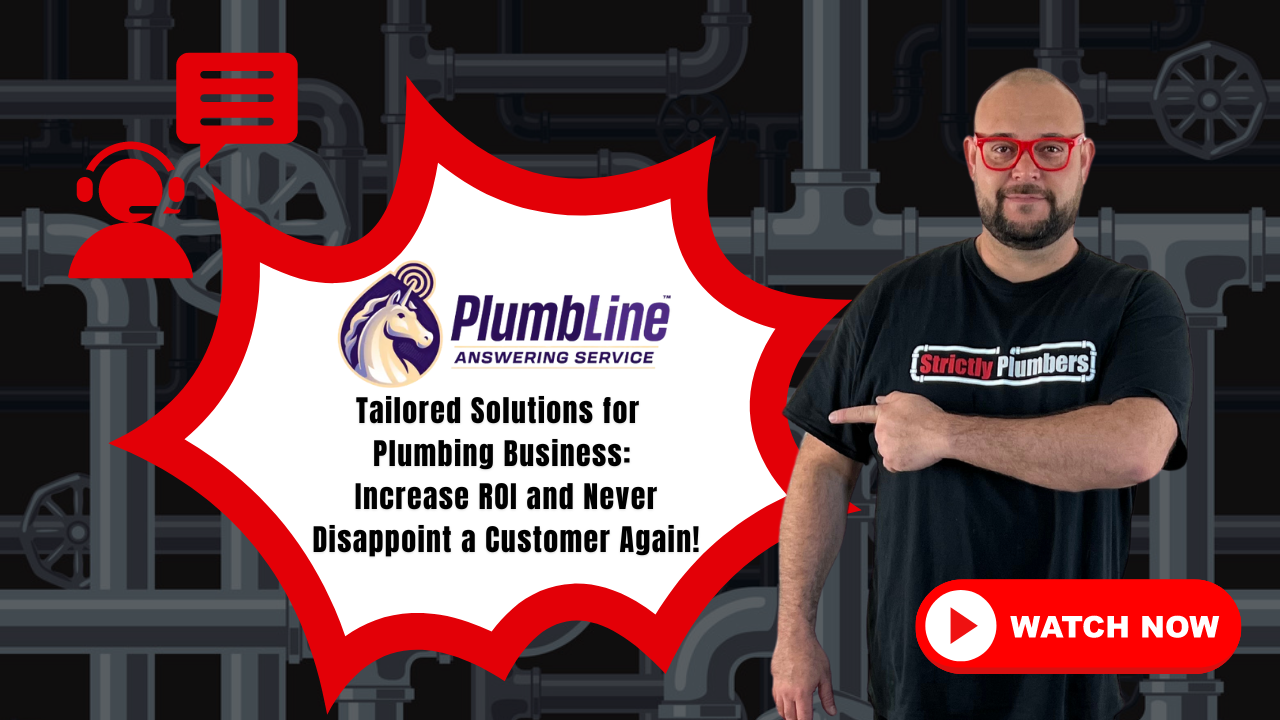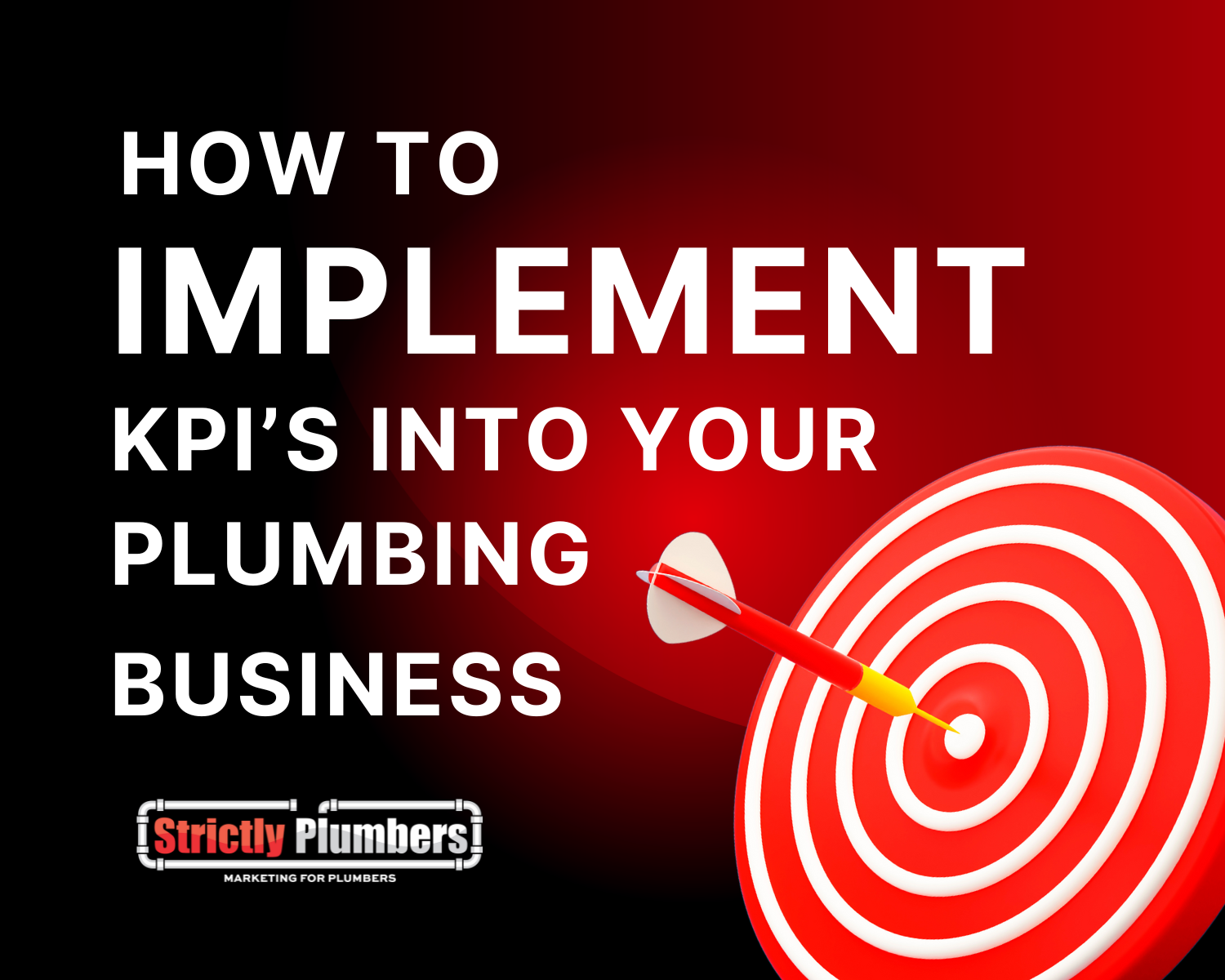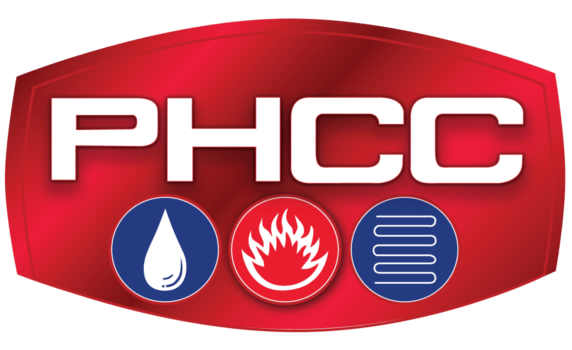How To Sell Your Plumbing Business
Are you interested in selling your plumbing business?
If so, it is a good idea to consider your goals and objectives for the sale – the reasons why you’re selling your business and the value you want to achieve. Selling a plumbing business for top dollar is a complex venture that requires professional financial and legal input from seasoned professionals who understand the unique nature of a business transaction.
A key objective to consider is your financial performance and how that translates to enterprise value. Why is that important? As they say, timing is everything, and while you may be ready to sell your business, your business may not be ready to take to market. For example, you need to ask yourself if your revenues are growing year-over-year and whether that growth is profitable. You need to look at your operating expenses and spend time getting “lean and mean.” You see, the more prepared you are, the more likely you’re to maximize profits.
It is recommended to get your plumbing business ready for sale a year or two in advance before the actual sale takes place. This will enable you to get things in order and command the highest price possible and showcase your business is an attractive option for buyers. If you are wondering how to sell your plumbing company, but don’t know where to begin, here are a few steps to help you navigate the sales process and make the most of your time.
Step 1: Prepare Your Business for Sale
If you’ve decided to sell your plumbing business for whatever reason, you can’t just hang up a “for sale” sign and wait for offers to come rolling in. Selling for the right price takes time and preparation. The more time you take to properly assess, prepare and market your plumbing business for sale, the higher the odds of increasing the transaction’s success. Here are a few things you can do to prepare your plumbing business for sale:
Get your company’s financials in good shape – both accounting practices and policies and prepare the necessary financial statements. It is advisable you show positive performance, be it sales growth, backlog, gross margins and other metrics used in the plumbing industry. Prepare 2-3 years of tax returns and financial statements. Be organized :)
List and price all your plumbing business’s tangible and intangible assets.
Organize your legal paperwork. Review your permits, licensing agreements, incorporation papers, vendor and customer contractors. Make sure you have them readily available, current and in order.
Fine tune your daily operations. , creating instruction manuals and checklists by role so everyone understands what they do and how they do it. I’m not saying document everything under the sun – focus on the key processes, policies and procedures that make the most impact. Remember, it is your company’s systems and processes that have value , allowing you to turn the keys over to a buyer with a system they can follow that makes you unique and better than your competition. Key areas to focus on:
Do you have an effective sales and marketing sales process?
-How are leads generated and moved to sales?
Is your product pipeline effective, efficient and well-streamlined?
-Will the new owner need to hire additional workers, buy new equipment or train your existing workforce?
How effective is your second-tier management?
-Do you micro-manage your managers and employees?
-Do you have a good management structure involving people who can make critical business decisions?
-Do you delegate authority and approvals to your team?
-Do you cross-train your managers and employees to help eliminate gaps and downtime when team members are on vacation or indisposed?
-Do you have undisciplined or unmotivated workers?
Make sure your pricing and marketing strategies are effective, measurable and repeatable. Having a marketing program in place that consistently delivers leads and has proven successful for several years, allows the new owner to know a radical shift in sales performance will not be needed.
Your team- from the dispatchers to the plumbers- must be friendly, well trained and happy. Inform them in advance that you are planning to sell your company. Encourage them to work with the new owner.
Prepare a five-year business plan that the new owner can follow to improve their chances of success, especially if they are not plumbers themselves.
Step 2: Get a Professional Valuation
Next, you’ll want to determine the worth of your plumbing business to ensure you do not price it too high or too low. Valuing a plumbing company is not always a straightforward process. You should consider hiring a professional valuation firm to help you determine the real value of your company. Enlisting the services of a professional also helps to bring credibility to the asking price. The appraiser will take into account everything from inventories and sales to debts and other business assets to come up with a realistic price.
While determining the value of your plumbing business is important, your asking price should be defendable when negotiating with the potential buyer. The best way to prove the validity of your plumbing business’s valuation is by maintaining clean and accurate financial records. Although some potential buyers discredit things like goodwill and market share, they can’t argue with your financial numbers, which makes your record keeping so important. Key financial documents that support your valuation include your income statement, cash flow statement and balance sheet, as well as your tax returns from the previous 2 – 3 years.
Step 3: Prepare For Your Exit
Potential buyers will want to know you plan to wind down your involvement in the company. Experts recommend having an exit plan in place at least a year or two in advance. Having a good exit plan helps to get things in order including improving your customer base, financial records and sales. This also makes your plumbing business even more attractive to potential buyers.
A good exit strategy should have the following: a succession plan for the person taking over the daily operations, a clear understanding of the possible pitfalls and how to manage and correct them and a sense of how much you need to make from the sale in order to cover your finances. You also need to the take following into account:
a) Who will be your successor?
b) Do you want the new owner to keep your current staff?
c) How are you going to incent your key employees to stay after the sale?
d) Are your insurance contracts and policies in good order?
e) Will there be a transition period, or are you planning to disappear the day the buyer hands you the check (not likely an option)?
f) Will you notify your existing clients and leads of the change in ownership? What about other key stakeholders, like vendors, strategic partners, bankers, lawyers, business & health insurance brokers, your CPA and more?
The biggest mistake you can make when selling a plumbing business is not having a good exit strategy. If you want to get maximum value for your plumbing company, develop an exit plan now before an unforeseen situation forces you to sell.
Step 4: Hire a Professional Business Broker or M&A Advisor, depending on the size and value of your company
Hiring a professional business broker is the best way you can get the maximum value for your plumbing business and find you the ideal buyer. This is especially true if your business is in the small and lower middle markets, traditionally defined as having less than $1 million in net profits, or more technically, EBITDA (“earnings before interest, taxes, depreciation and amortization”). If your business earns more than that, it’s advised to seek out an experienced Mergers & Acquisitions (“M&A”) advisor who will market your company to a different class of buyer.
In this discussion, we’ll focus on the strengths a business broker brings to you during the sales process.
An experienced business broker can help you with business valuation, negotiations and due diligence. They can list your plumbing company with various marketplaces to increase the number of potential buyers and get you the best deals. A professional business broker can also handle all negotiations on your behalf and help you find secure funding with a reliable financial institution.
Here are some of the critical roles played by a professional business broker:
a) Business Appraisal.
A professional broker can help you create an accurate appraisal of your plumbing business based on the sale of similar companies.
b) Prepare Prospectus.
A prospectus is a multi-page business document that describes your plumbing business to prospective buyers. The document usually has 15 to 30 pages and contains all the essential details about your plumbing company.
c) Marketing.
A broker markets your offering to potential buyers and inventors on their database.
d) Manage Inquiries, Emails and Phones.
A business broker will manage all the buyers inquiries about your business. They will also help you to choose the best offer from all the submitted letters of intent. A letter of intent is a document that contains the declaration of the intention of the buyer about the offer and deal terms to purchase your plumbing company.
e) Due Diligence.
A broker will perform a detailed investigation of all facts, numbers and metrics about your plumbing business before signing a contractor. This is done to ensure that all the information you’ve provided is correct. The broker will ensure everything is moving smoothly and will respond to your buyers’ ongoing questions about your data and accounting.
f) Verify Final Offer.
When a buyer makes a final offer to buy your plumbing company, your broker will perform a detailed review and negotiate until you are 100% satisfied with the outcome.
Selling a plumbing business on your own risks exposing your plans to your competitors. Leveraging the expertise of a professional business broker helps to maintain confidentiality and protects your information from buyers without first signing a disclosure agreement. A broker saves a significant amount of time and helps you sell for profit.






